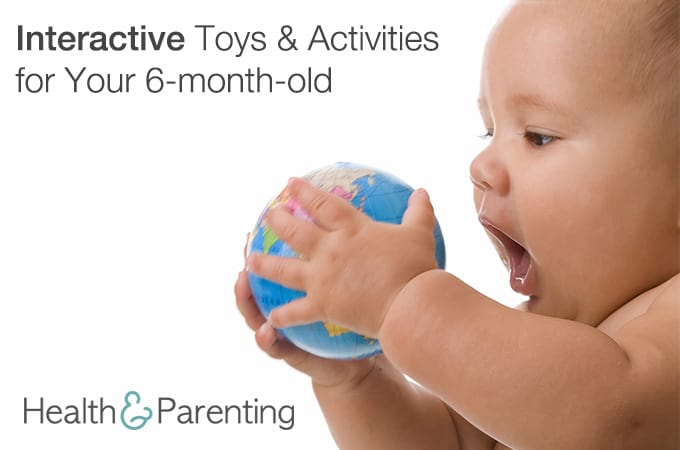You spent a lot of time researching childcare options. Luckily, you found a professional nanny or childminder you like and can trust. Your little one also seems happy with your choice. So why are you having such a hard time letting go?
The reality is regardless of how much you like your nanny, it’s often an emotional tug of war to leave your baby. On one hand, you may enjoy working outside the home. But your heart also wants to be home all day with your little one.
It might help to take a step back and figure out what’s going on. For example, are you worried that your nanny won’t do things exactly like you do?
It’s perfectly acceptable to let your nanny know if she is doing something you don’t like or if you want her to do things a certain way. But you can’t expect your nanny to be you. If you are standing over her every minute and correcting her every move, she may not want to stick around too long.
It might help to make a detailed schedule and provide tips on what your baby likes and dislikes. Be clear about your expectations and give your nanny a little time to get “tuned in” to the ins and outs of your routine. Give her a little space to learn how to do things the way you prefer.
Controlling how things are done while you’re at work might not be the only reason you can’t let go. Maybe you feel a bit guilty about leaving your baby and worry you’ll miss out on some of her “firsts.”
If possible, check in throughout the day to see how things are going. You can also agree to use a webcam or an app on your phone to sneak a peek at your baby during the day. Keep in mind, there are many precious and cute moments you’ll share with your baby.
It could also be a little difficult to let go if you feel a pang of jealousy. Of course, you want your nanny to be loving and affectionate with your baby. But some moms also feel a bit envious over the amount of time a nanny may get to spend with their baby or worry the baby will love the nanny more.
Try not to stress. After all, there is plenty of love to go around. It’s a good thing if your nanny and baby have a strong bond. Remember, you’ll always be the mommy. That special bond is not replaced by any other relationship.
Written by MaryAnn DePietro @ writerlady34
This information is not intended to replace the advice of a trained medical doctor. Health & Parenting Ltd disclaims any liability for the decisions you make based on this information, which is provided to you on a general information basis only and not as a substitute for personalized medical advice. All contents copyright © Health & Parenting Ltd 2016. All rights reserved.
















